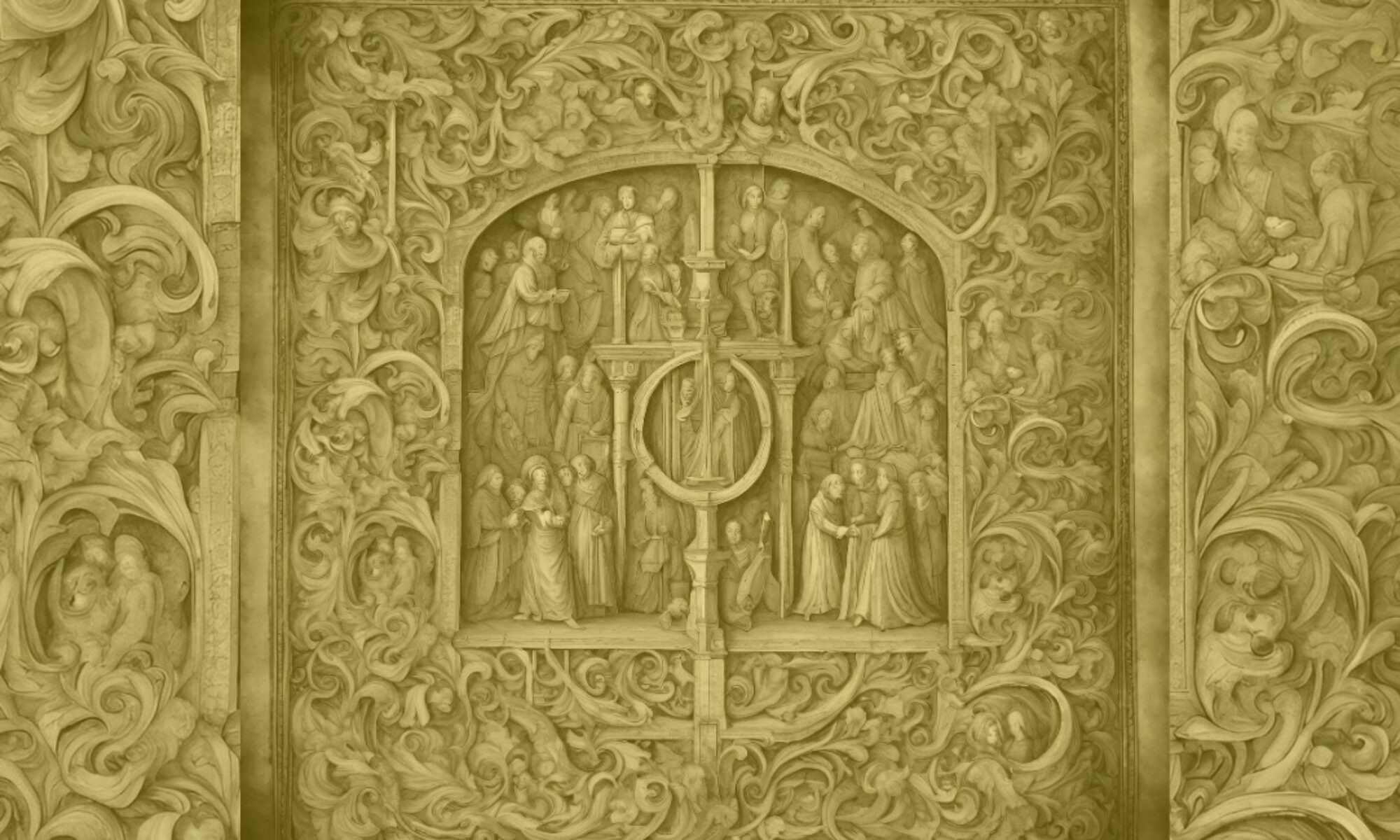Lynlee’s presentation is called, “Psychological Androgyny: Cultural Myths of the Shapeshifter”

Psychological androgyny is a term introduced in 1974 by psychologist Sandra Bem that describes one of four possible constructs of gender identification. Through an exploration of gender identity presented in Eastern myth, Japanese theatrical performance, and contemporary Anime/Manga pop culture, Lynlee examines the subtle differences between “psychological androgyny” and “non-binary” gender identification, and why this distinction matters, especially in terms of the shapeshifter as shamanic “genderless being with suprahuman powers” who appears in times of significant cultural distress and upheaval.
Lynlee Lyckberg, Ph.D. completed her doctorate in Mythological Studies with an Emphasis in Depth Psychology from Pacifica Graduate Institute in 2016, and her MFA in Arts and Consciousness Studies from John F. Kennedy in 2005. Her doctoral dissertation, The Visual Image, Creativity, and the Role of Memory in Healing, examines the potential for healing and transformation latent in the emergent visual images of contemporary culture. Lynlee has presented papers derived from her dissertation at the Jean Gebser conference in Seattle (2017), and at the Jung Conference in Portland (2018), and she shows her paintings nationally in juried exhibitions. She has several pieces in private university collections, including Cal State University East Bay and Pacifica Graduate Institute, and she is currently working on a book of dreams and the transformational process.










